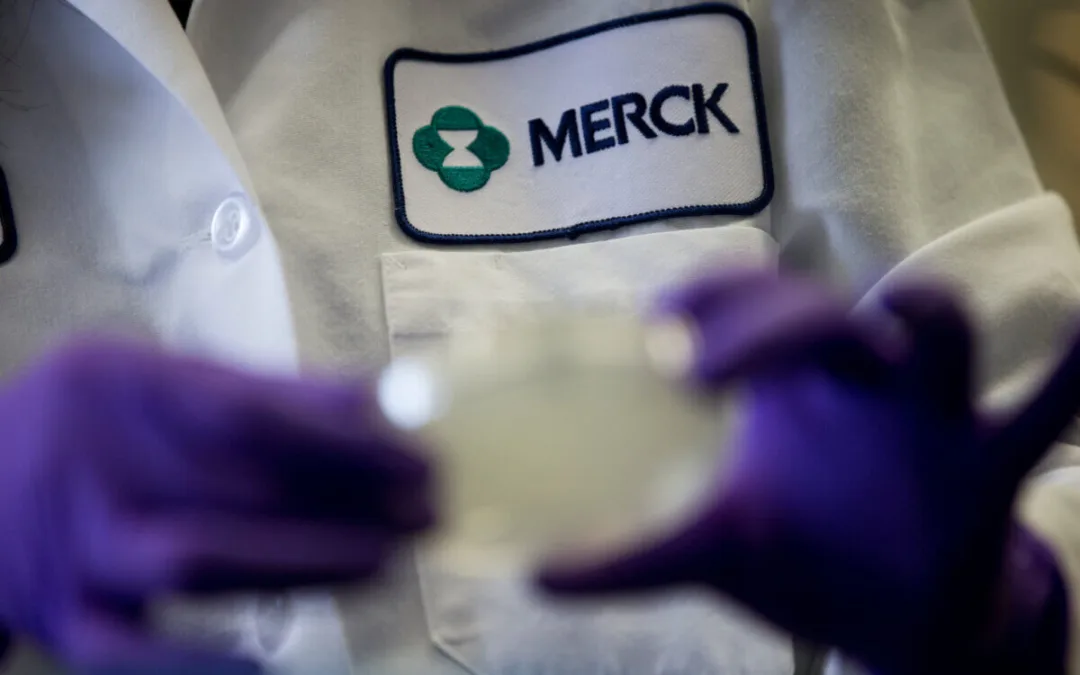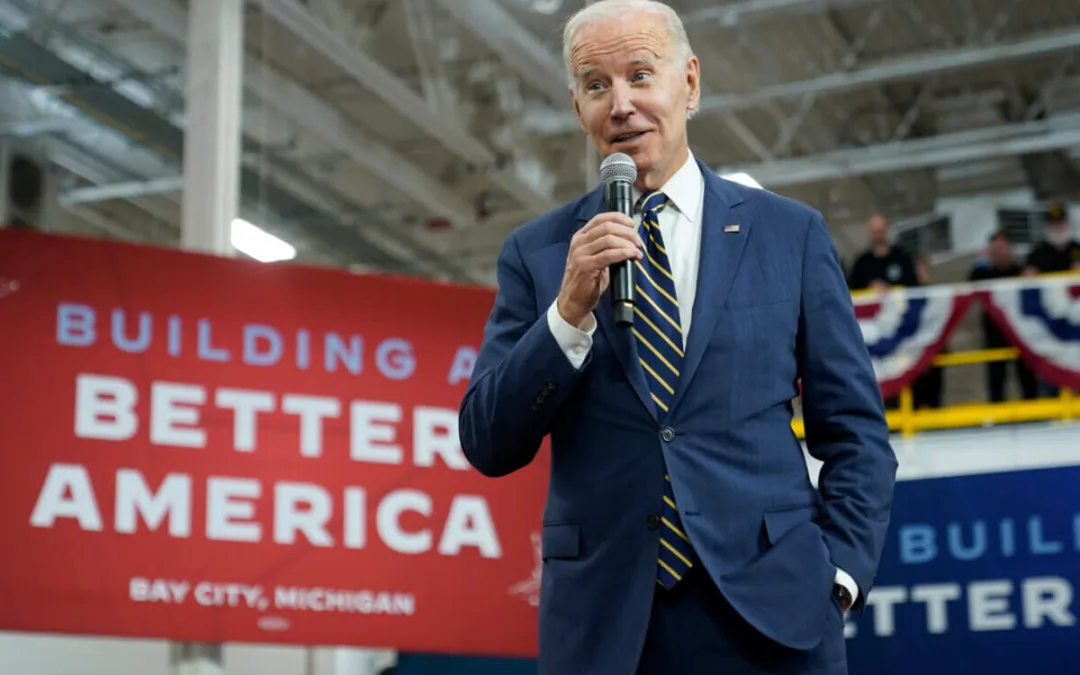
Image courtesy of Comisión Estatal de Elecciones
This year, the local state elections commission faces challenges that go beyond the coronavirus pandemic, the recent earthquakes, and even Hurricane Maria. Here’s how to vote in Puerto Rico:
Puerto Rico’s State Elections Commission (CEE following its initials in Spanish) renewed operations on May 4, running against time to resume all their pending projects on this electoral year.
The local primaries were the first electoral race to be affected by the coronavirus pandemic. Originally scheduled for June 7, the voting date has now been pushed back citing social-distancing concerns. The commission has not assigned a new date for the primaries.
RELATED: Here’s How Puerto Rico Gov. Vázquez Will Distribute CARES Act Funds
The two main political parties, pro-statehood Partido Nuevo Progresista (PNP) and pro-commonwealth Partido Popular Democrático (PPD), determine candidates for several local positions with these primaries, including the candidate for governor.
Current governor Wanda Vázquez and former resident commissioner Pedro Piersluisi are the candidates seeking to run for governor on the PNP side. The PPD must pick between Senator Eduardo Bhatia, senator; Charlie Delgado, mayor of the municipality of Isabela; and Carmen Yulín Cruz, mayor of San Juan.
On April 21 the PNP delegation within Puerto Rico’s House of Representatives, headed by its president Carlos “Johnny” Méndez, introduced joint resolution 681 proposing for primaries to take place July 12.
“Right now this is being considered by the legislative assembly. I presented a paper explaining why the primaries could not be on June 7. August 2 and 9 have been discussed as possible dates. During my presentation before the House of Representatives, I expressed that those are the working dates,” said CEE president Juan Ernesto Dávila Rivera.
The president added advance voting is another important aspect to be considered since people are afraid of contracting COVID-19 while voting at the polls.
“This essentially opens the door for anyone who wants to request voting in advance because they can claim to be afraid of getting infected,” said Dávila.
The CEE has faced the risks of COVID-19. The agency reopened with a skeleton crew last week, testing the employees as a precaution. An employee associated with the president’s office, and another from the absentee and early vote administrative board, both tested positive. The offices were closed again as a precautionary measure.
“The president’s office employee tested negative on a molecular test but positive on a serological test; he was asymptomatic. We are waiting for the test results on the other employee,” Dávila said.
RELATED: Puerto Rico Non-Profits Can Lead The Way In This Crisis. This Is How We Can All Help.
Government’s Clean Up
On Monday a sanitizing company will clean the two buildings that house the CEE in Hato Rey.
As soon as the group of employees can return to the CEE, work will resume on ballot design and other tasks. The agency is also working on a plan for the partial reopening of Permanent Registration Board locations, at least in larger municipalities, to better serve voters from different regions.
“Normally, at this time of year, it’s very common for registration boards to experience high voter traffic — people taking care of electoral transactions like new registrations and address changes. This typically doesn’t happen during the three years leading to the election because voters assume the Board is always open,” Dávila explained.
The pandemic also coincided with other challenges the CEE has been facing this year, with the loss of electoral colleges post-Hurricane Maria and earthquakes in the southern region since December.
“The last report I have from the Department of Education says that in the five municipalities affected by seismic concentration, there are no schools ready to serve as voting centers. The local commissions are compiling reports so we can prepare these voting centers for primaries,” Dávila said.
What About the General Election in November?
The CEE is also preparing for Puerto Rico’s general elections, scheduled for November 3, in anticipation of different scenarios the pandemic could bring.
The Senate recently introduced a bill for a new electoral code that would facilitate online voting. Vázquez returned the project to the senate with concerns about possible electoral fraud.
Dávila commented “the Commission will no longer develop the online voting project. Mass voting by mail or in advance, a type of early voting as exists in the United States, are tools at our disposal that must be taken into consideration. I would like to discuss this option with the commissioners and have there be consensus because the fear of contagion is latent,” Dávila said.
He explained there’s a provision in cases of declared emergency that allows for categories of early voting to be extended—people with mobility issues, inmates, and first responders. This provision has to set in place by the President of the United States and the Governor of Puerto Rico.
The CEE is also waiting for the Health Department to evaluate a suggested plan in case traditional voting methods prevail after all.
Dávila anticipates electoral employees will wear masks and gloves, and social distancing will be reinforced. Upon entering the voting sites, voters would wash their hands, and blue ink would be provided in a dropper, avoiding all types of contact. Instead of enclosed voting stations, partitions would be used to allow for airflow while maintaining privacy.
RELATED: The 2020 Census Could Decide Puerto Rico’s Future
Politics

Teamsters and UPS Reach Tentative Deal to Avoid Strike, 340,000 Workers to Get Raises
The tentative deal represents a huge win for full- and part-time UPS Teamster workers, who would get significant pay raises and better working...



One Republican Senator Is Blocking 265 Military Promotions, Leaving the Marines Without a Confirmed Leader
Sen. Tommy Tuberville's decision means these military officers are not getting the pay raises they’re owed, cannot move their families to wherever...
Local News



Teamsters and UPS Reach Tentative Deal to Avoid Strike, 340,000 Workers to Get Raises
The tentative deal represents a huge win for full- and part-time UPS Teamster workers, who would get significant pay raises and better working...



One Republican Senator Is Blocking 265 Military Promotions, Leaving the Marines Without a Confirmed Leader
Sen. Tommy Tuberville's decision means these military officers are not getting the pay raises they’re owed, cannot move their families to wherever...




